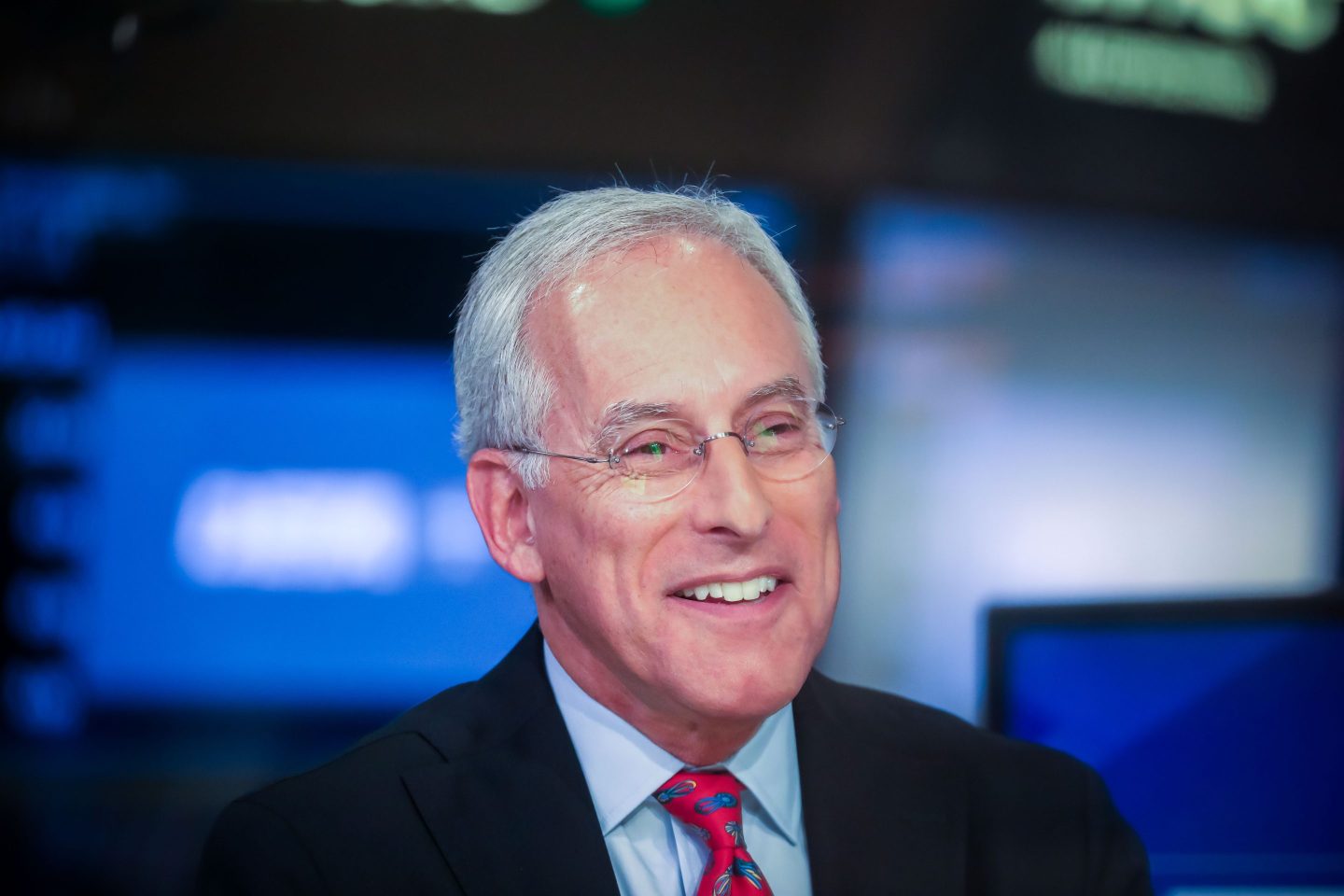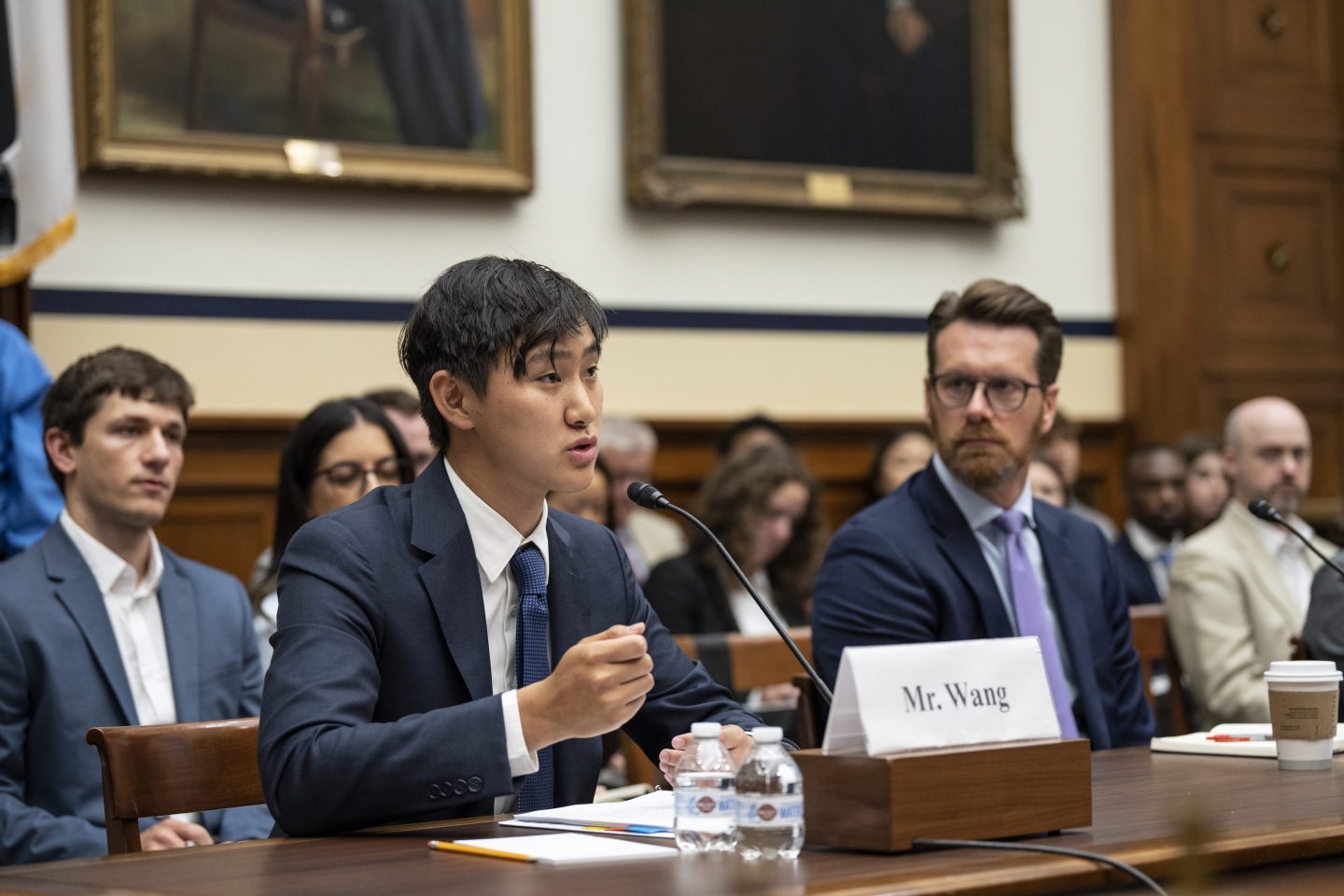Uber gave up.
It may never frame its time in China in such stark terms, but there’s no other way to interpret Uber’s merger of its China division with market leader Didi Chuxing in a tie-up worth $35 billion just a year after founder Travis Kalanick called the country Uber’s “number one priority.”
In China, priorities met reality. In a leaked post today announcing Uber China’s sale to Didi, Kalanick acknowledged neither company is turning a profit. “Uber and Didi Chuxing are investing billions of dollars in China and both companies have yet to turn a profit there,” he wrote. The hope is a merger fixes that.
Didi Chuxing’s market share has continued to outpace Uber’s, thanks in no small part to more than $1 billion a year in subsidies and losses. And despite Uber’s admission that it too was losing $1 billion a year in China, it could never close the market share gap.
The Didi-Uber deal at least gives Uber a stake in the monopoly it couldn’t create itself in China.
According to market share estimates, a combined Didi/Uber would control more than 95% of the Chinese ridesharing market. Investors in Uber China, a separate business under the Uber umbrella, will get 20% of the merged company. Meanwhile, Didi is investing $1 billion into Uber at a $68 billion valuation.
Didi is the one buying Uber China in the deal, but it’s fair to say that if Uber didn’t make the bold bet on China, Didi wouldn’t be worth the $28 billion it is today.
Soon after Uber came to China in 2014, it offered the first popular person-to-person ride hailing serviec. Back then Didi Dache was spending hundreds of millions to fight competitor Kuadi Dache for control over the taxi-hailing market. Didi and Kuaidi were two simple platforms to connect riders with open taxis. Neither had Uber’s slick algorithm, or really offered much except an outside chance at hailing a cab during rush hour if you added a $1 tip to your request.
After Baidu backed Uber China in late 2014, and it became clear Chinese consumers were about to demand a whole lot more ride services than regular taxis, Didi-Kuadi merged in a $6 billion deal in early 2015. The new company pushed aggressively into recruiting private drivers for a cheap car service. It was transforming into an Uber killer.
And now that new Chinese regulations require companies to charge at least the market rate for rides—eliminating the heavy subsidies that were a hallmark of the business just a short time ago—smaller tier players like No.3 Yidao Yongche, the startup that undercuts Didi and Uber prices by half, no longer have a foreseeable future.
Travis Kalanick undoubtedly dreamed of bigger riches in China. But facing an unflinching competitor in Didi whose only focus is China and recently raised an astounding $7.3 billion war chest from investors including Apple (AAPL), Uber’s outlook has never appeared as bright as the potential opportunity.
Uber’s capitulation is proof.





